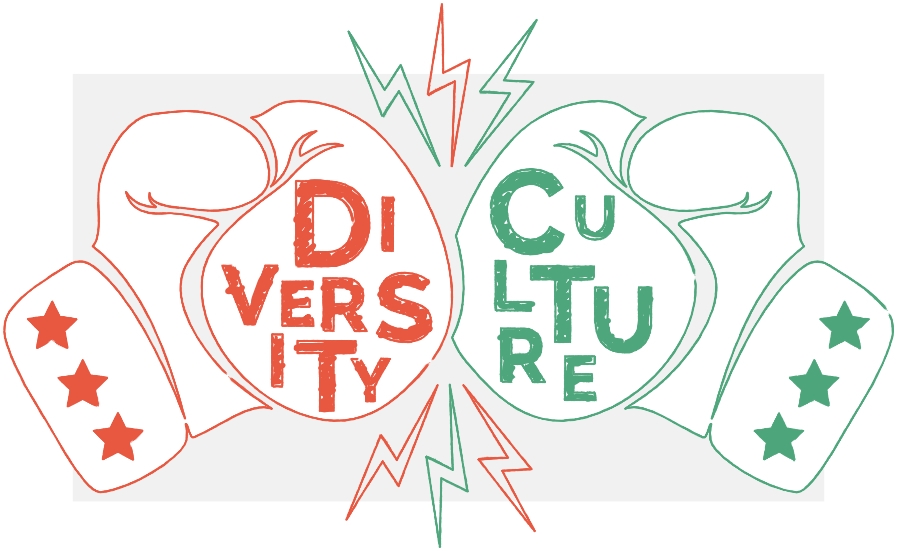Why hiring for culture fit really matters?

We all know human capital is the most valuable asset of any organization and your staff can make or break your business. Obviously culture fit should never be the only criterion to hire or reject a candidate. However, there's no denying the benefits that culture-fit candidates bring to the table: easier onboarding process, higher performance, better teamwork, lower turnover, etc. Let's have a look at below study and research findings to have more reliable details:
- 80% of employee turnover is due to bad hiring decisions. (From The Harvard Business Review)
- Direct replacement costs can reach as high as 50%-60% of an employee's annual salary (According to a study by SHRM)
- Only 13% of worldwide employees are engaged at work (According to Gallup)
- Employees that fit in well with their organizations had greater job satisfaction and performance, identified more with their company, were more committed and likely to stay with the company for longer. (According to a study by Kristof Brown from Radford University)
Believe or not, an organization of good fits will have a happy corporate culture and achieve the bottom line more easily.
Are you really hiring for culture fit or something else?

Of course, you need candidates with required skills for the jobs along with culture fit. Some people might think that skills can be trained but at least they need a basic foundation to learn more. You can find a lot of articles for and against culture fit in recruitment process on the Internet. It's still a controversial topic among business owners, executives, managers, HR professionals, recruiters, and employees also. But you might not notice that culture (whatever kind of culture) is always a vague term. And "fit" is not measurable, also. Yes, we need to put culture fit into top selection criteria besides skills for sure. But there are some myths about hiring for culture fit we must dispel first.
#1: Culture fit means "work well and play well together"
Working well with coworkers, supervisors, and managers: yes; but playing well within your team: not necessary. You are looking for good teammates, not playmates!
#2: Culture fit is a new form of discrimination
Culture fit is an excuse of many recruiters and interviewers for their objections based on their biases, but it's not a kind of discrimination caused by real culture fit.
#3: Culture fit kills diversity
Culture fit doesn't mean being like everyone else in the organization, please don't confuse. Your organization can reap the benefits from culture fit and workforce diversity at the same time.

These 3 most common myths about hiring for culture fit seem totally different at first glance but they all stemmed from the misunderstanding and misusing of the term culture fit.
There are different definitions of corporate culture but in general, hiring for culture fit means hiring someone who matches your organizational values, beliefs, and attitudes. The right fit will work well with all stakeholders and value the same goals as the organization aims to. If you don’t like the word culture fit, you can place it by culture alignment.
Furthermore, it leads to the very bad recruitment practice that you see the consequences above: hiring based on personal bias. You might see yourself in this picture, but don't worry, because it's one of the most common traps that recruiters fall into during recruitment process. It's totally natural as "birds of a feather flock together".
Wait a second, why recruiter's bias is a big problem?

There's no smoke without fire. Above myths are real issues that fake usages of culture fit cause. Recruiters are still humans, not machines. People tend to have good impressions with those have something in common with them. During the recruitment process, you might see some countrymen, alumni or younger versions of yourself and make it easier for them to join your company. You might also reject some candidates just because they are too young for the position or they are black or simply you think they are not smart enough in resume screening stage. Even in face-to-face interview, excellent performers do not always good players after joining and vice versa. Diving deep into the issue in an attempt to remove conscious and unconscious bias, anonymous hiring is an effective solution.

What should you ask yourself when recruiting someone for real culture fit?
1. Are you hiring this person just because he/she is like you and other people in your team?
2. Can you communicate the core values and goals that form your company through your practices?
3. Are you focusing on key skills or background when assessing the candidates?
4. Are you confusing personalities with behaviors?
5. Are you really honest to yourself when judging candidates?

Besides, a strong employer brand will make a huge difference in attracting the right candidates to your company. They are potential strong hires you can get with the least effort and cost as they are aware of and interested in your corporate culture already.
To wrap up, recruiting based on the basis of culture fit is a smart practice. Hiring for culture fit means getting qualified candidates who have values and believes aligning with your organization and can easily adapt to your working environment. It is not related to gender, age, race or religion as many people misunderstand. Above all, don't let bias take over cultural fit in your recruitment process under any circumstances. With the right candidates, you can enjoy the fruits of a happy and productive workforce in your organization in the way to overall success.











Replies to This Discussion